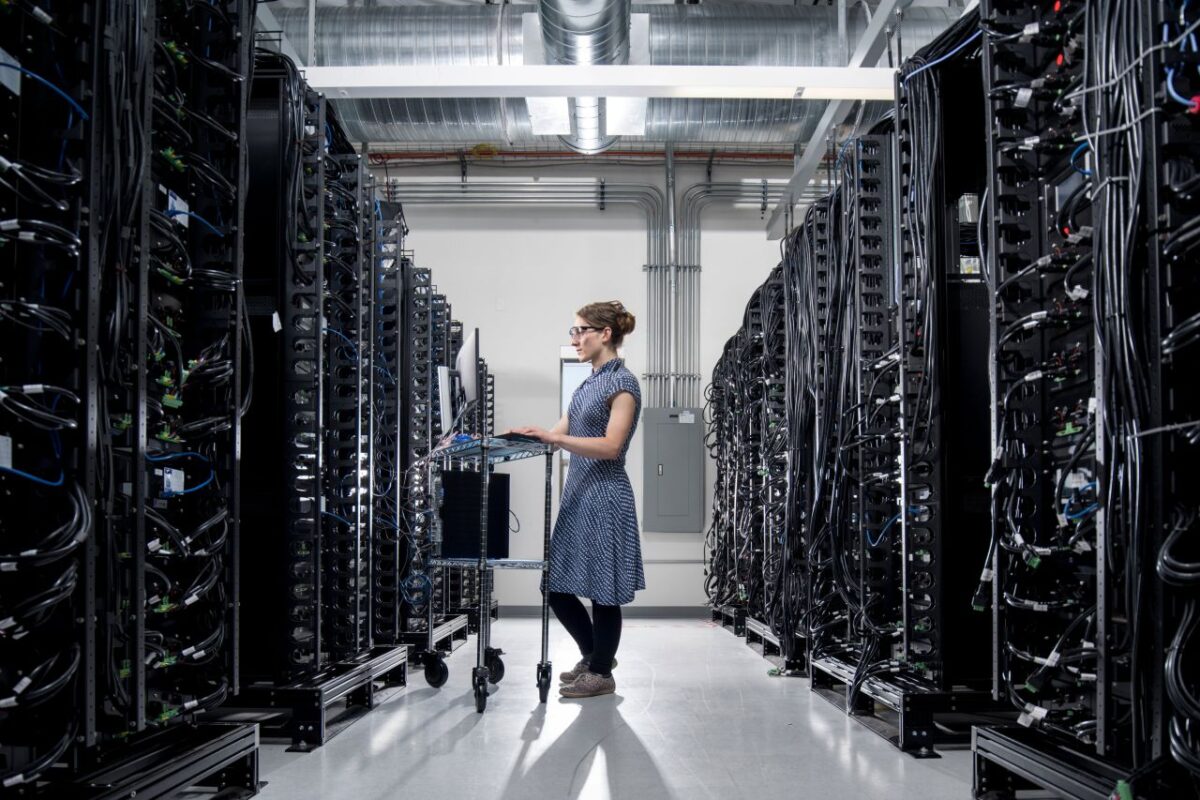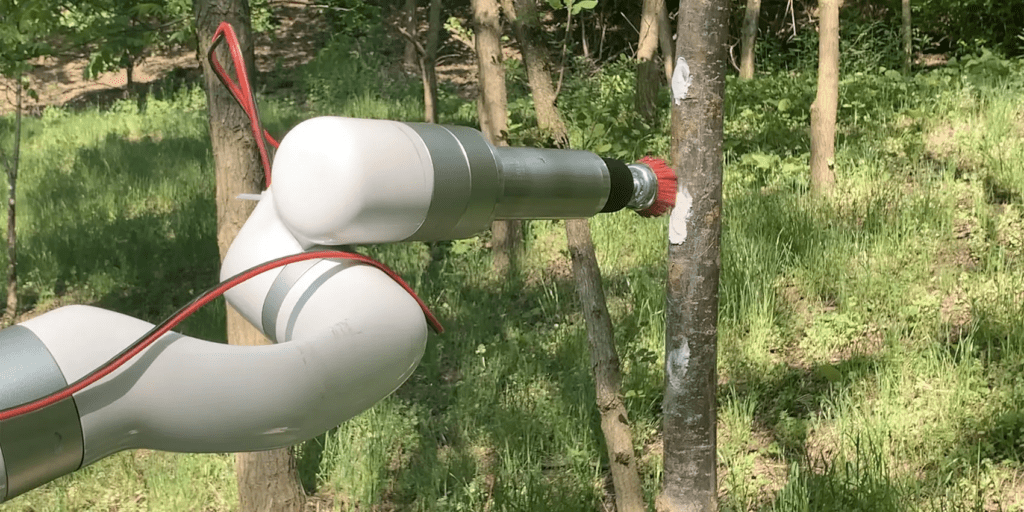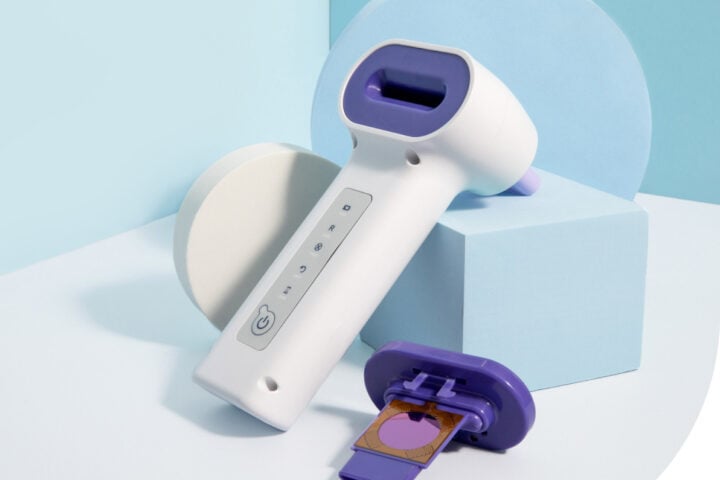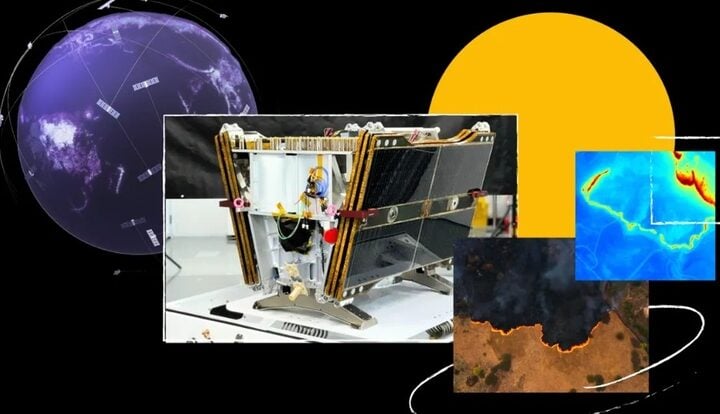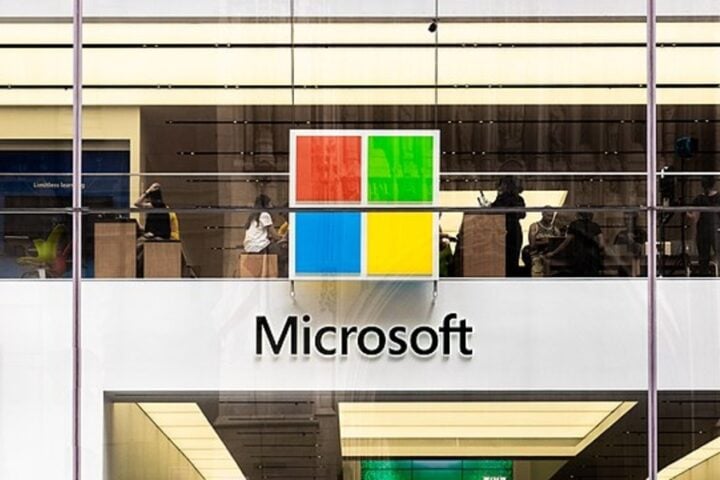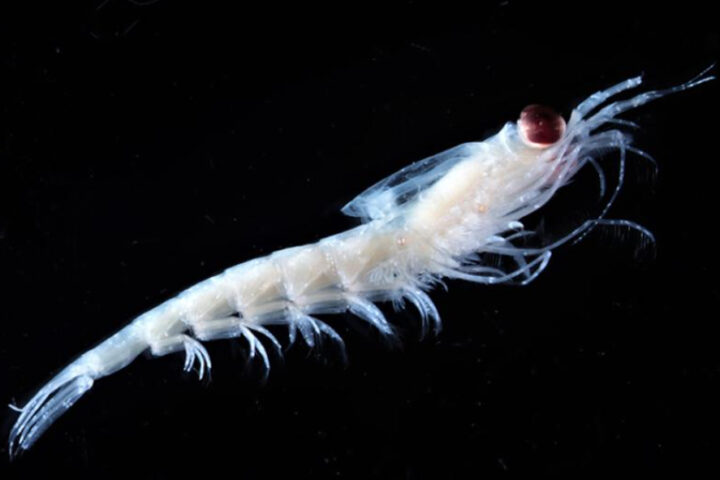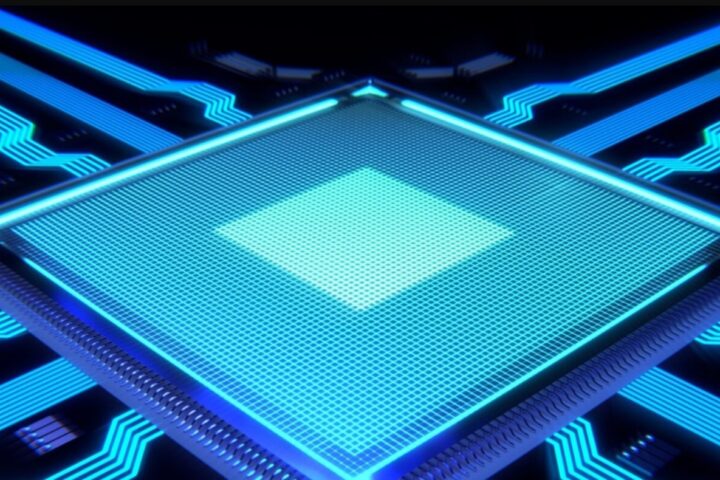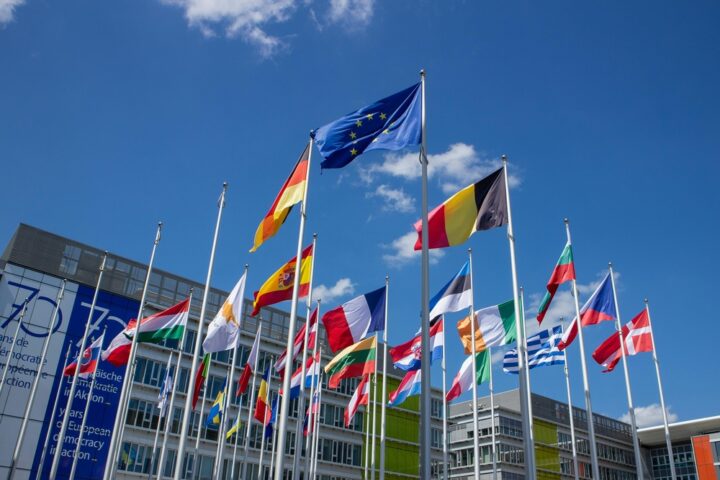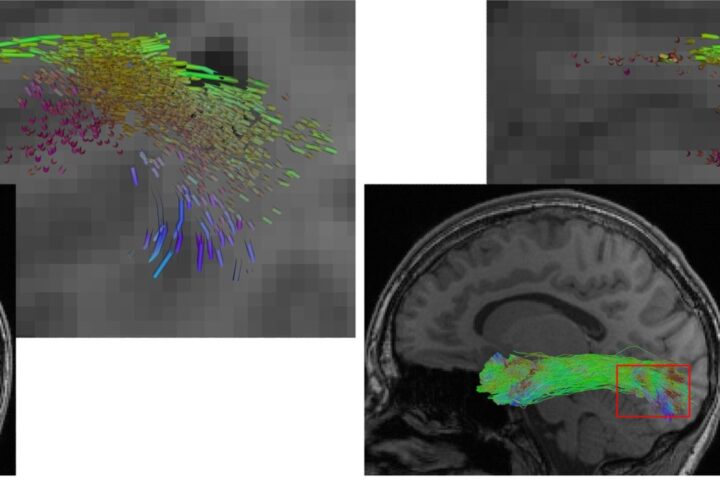In a strategic move to bolster its electric vehicle (EV) battery technology, General Motors (NYSE: GM) has taken the lead in a $60 million Series B financing round for Mitra Chem, a pioneering AI-enabled battery materials firm based in Silicon Valley. This partnership promises to reshape the future of EV batteries, making them more affordable and efficient.
Mitra Chem, with its state-of-the-art research facility in Mountain View, California, is at the forefront of battery material innovation. Their AI-powered platform is a game-changer, capable of simulating, synthesizing, and testing thousands of cathode designs every month. This rapid prototyping capability can drastically reduce the time-to-market for new battery cell formulas, a critical factor in the fast-paced EV industry.
The collaboration aims to develop advanced iron-based cathode active materials (CAM), such as lithium manganese iron phosphate (LMFP). These materials are pivotal for creating affordable EV batteries that are compatible with GM’s Ultium Platform, a cornerstone of their EV propulsion architecture. The funding will provide Mitra Chem the necessary resources to scale its operations and fast-track its innovative battery materials to the market.
Gil Golan, GM’s vice president of Technology Acceleration and Commercialization, remarked, “This partnership underscores GM’s commitment to advancing EV battery technology. We’re not just looking at the present; we’re gearing up for the future. Mitra Chem’s expertise complements our R&D efforts, especially in areas like LMFP, which is pivotal for affordable battery chemistries.”
However, the journey is not without challenges. Lithium Iron Phosphate (LFP), while promising, has its limitations, especially in extreme temperatures. Current LFP batteries underperform in cold or hot weather, a significant concern for regions with fluctuating climates. Mitra Chem’s research could potentially address these issues, making LFP batteries more versatile and reliable.
Similar Posts
Vivas Kumar, CEO and Co-Founder of Mitra Chem, expressed optimism about the collaboration. “Our mission goes beyond just GM vehicles. We aim to revolutionize the battery industry, focusing on U.S.-made iron-based cathode materials that can power not just EVs but also grid-scale electrified energy storage systems.”
Mitra Chem’s approach is unique. Their “atoms-to-tons acceleration platform” employs simulations and machine learning models, optimizing cathode synthesis and evaluating cell-lifetime. This in-house cloud platform, tailored for battery cathode development, streamlines data processing, from synthesis to standardized analyses.
The company’s ambition is clear: transform the cathode from a specialty chemical to a platform technology, differentiating cell performance by application. With looming supply challenges for elements like nickel and cobalt, Mitra Chem’s focus on iron-based cathodes is timely and strategic.
General Motors, a global automotive giant, is steadfast in its commitment to an all-electric future. The Ultium battery platform is central to this vision, powering a range of vehicles from mass-market to high-end models. This partnership with Mitra Chem is a testament to GM’s forward-thinking approach, ensuring they remain at the cutting edge of EV technology.
As the world races towards a sustainable future, collaborations like these are not just beneficial but essential. The fusion of GM’s automotive prowess with Mitra Chem’s innovative battery solutions promises a brighter, greener future. While challenges remain, the combined expertise of both companies offers hope for breakthroughs that could redefine the EV landscape. As the EV market continues to evolve, all eyes will be on this partnership and the transformative solutions it promises to deliver.
